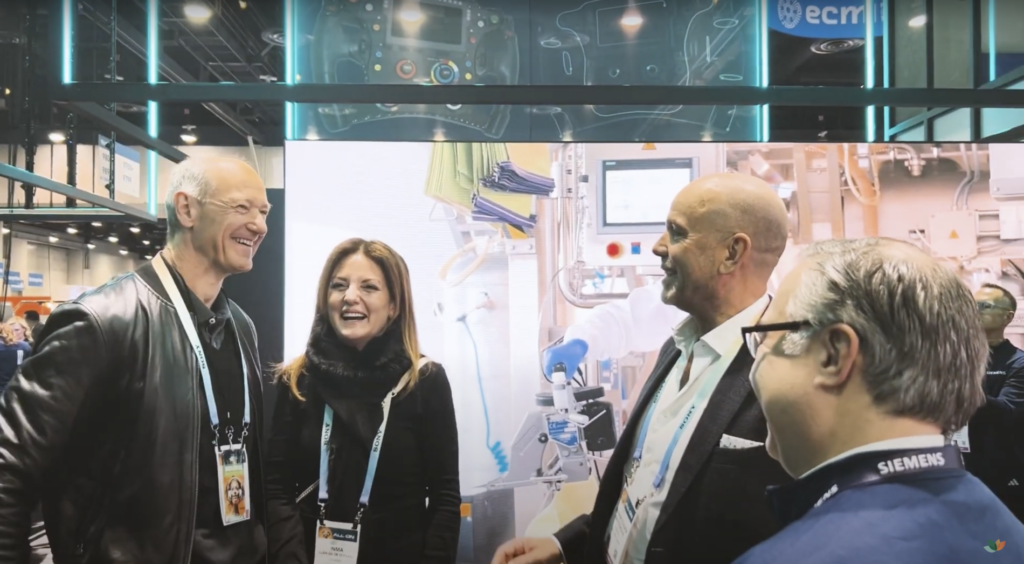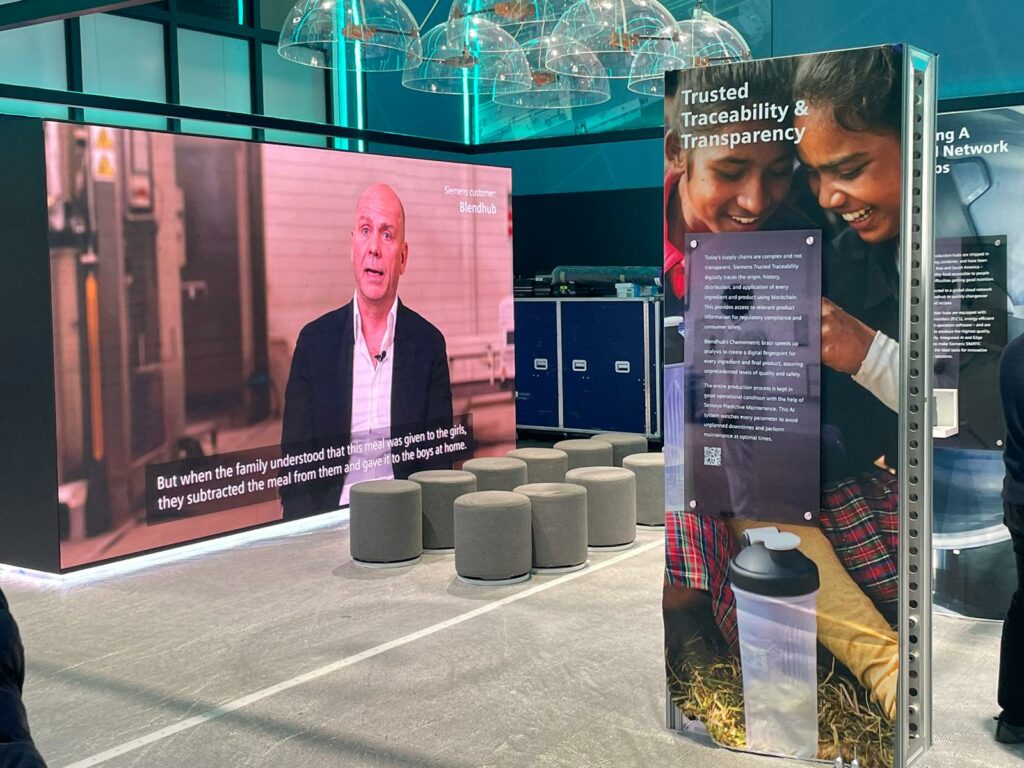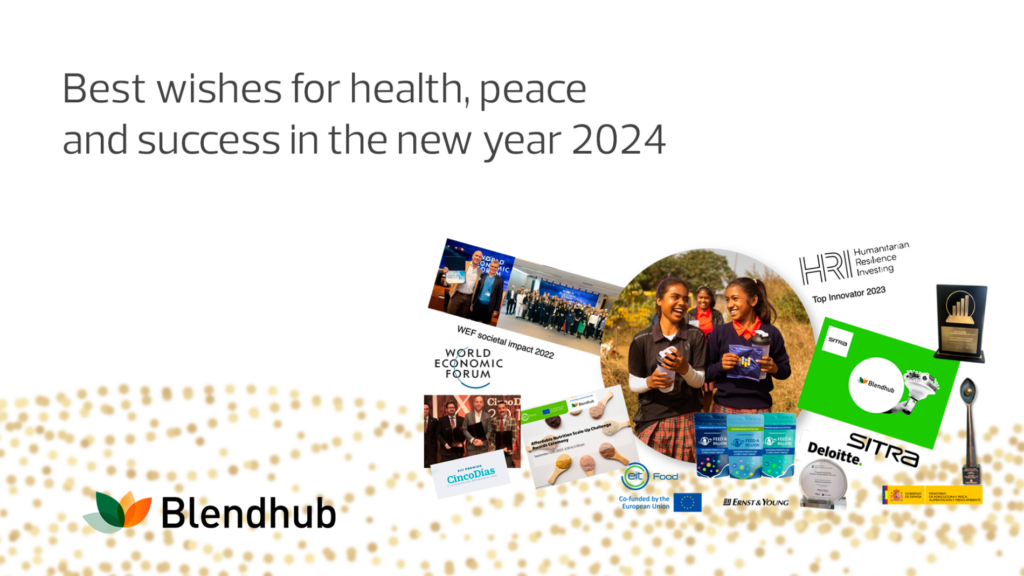Open Innovation is most often associated with technological and industrial developments. In recent years, this model has provided significant achievements in many social fields such as the fight against malnutrition.
Scientists Without Borders designs and starts global projects through a free crowdsourcing platform where experts from around the world can connect to solve challenges associated, for instance, with child nutrition. An Open Innovation project in which they are working, in collaboration with some foundations and companies, is a more sustainable packaging for micronutrient powders, destined for developing countries. This avoids the degradation of the nutrients and reduces pollution since every year millions of containers of micronutrient powders are distributed in poor countries. You have more information in this link.
Children malnutrition
Regardin malnutrition, another case that deserves attention is the crowdsourcing platform of UNICEF, Innovate for Children. The site allows users to propose solutions and get feedback about the challenges that the agency submits. In this link, you have some examples of their work, like a diarrhea treatment kit developed for all new mothers in Zambia.
In Zambia, a common problem was that conventional Oral Rehydration Solutions (ORS) were distributed in one liter sachets and that measure was not suitable for home use. Children needed an average of 400ml of the solution, so the project designed a new package of 200ml with a replaceable lid and reduced the ORS sachet to 200ml.



